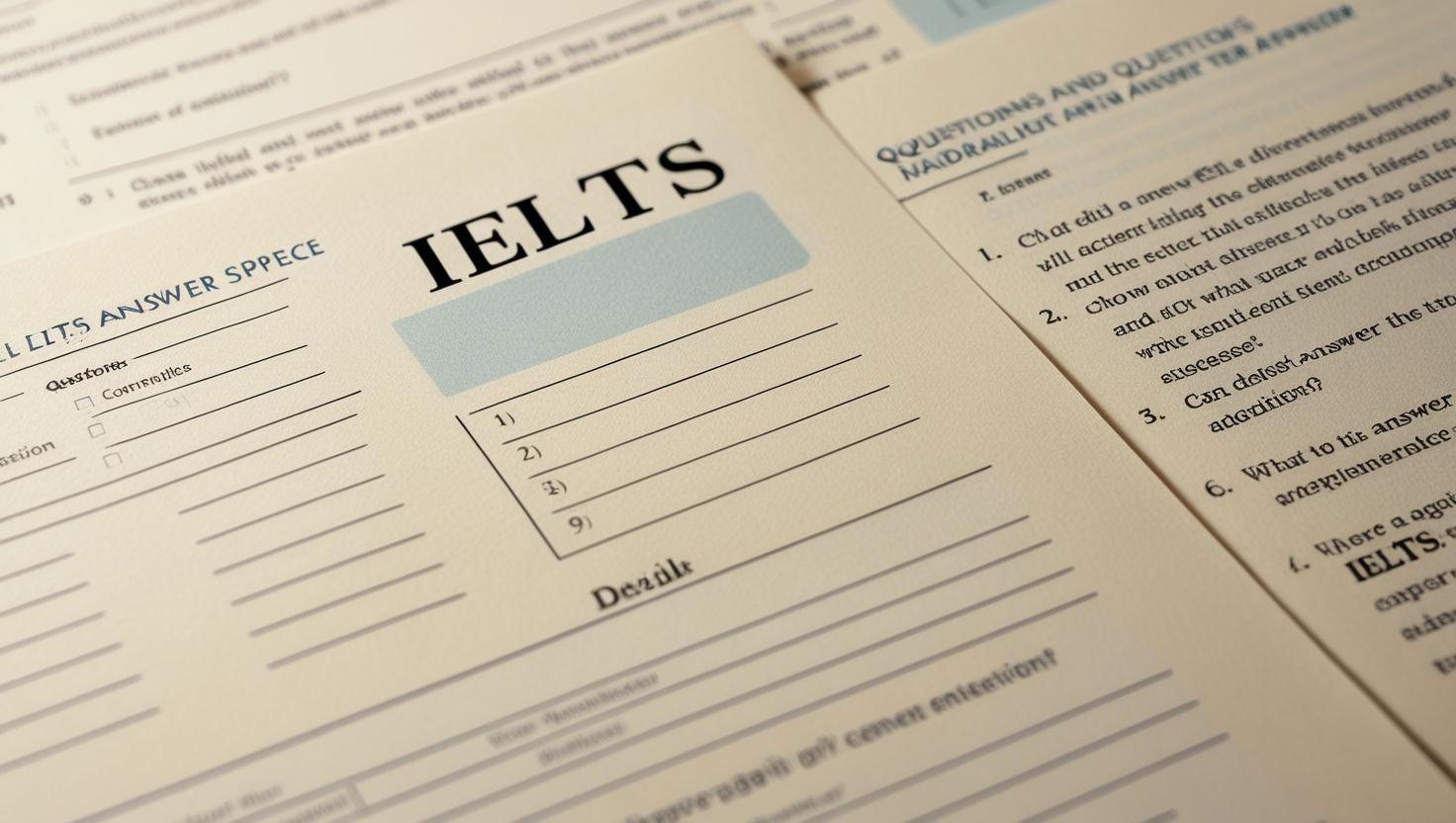- Band 9: Expert user
- Band 8: Very good user
- Band 7: Good user
- Band 6: Competent user
- Band 5: Modest user
- Band 4: Limited user
- Band 3: Extremely limited user
- Band 2: Intermittent user
- Band 1: Non-user
- Band 0: Did not attempt the test
IELTS Preparation
The International English Language Testing System (IELTS) is one of the most widely accepted and recognized English language proficiency tests for non-native speakers. It is used for various purposes, including academic, professional, and immigration purposes.
We fully prepare you for the IELTS exam, ensuring you achieve your target score with confidence. Our expert-led courses combine exam-focused practice with essential grammar and vocabulary exercises. Designed by experienced teachers, our classes provide the preparation, strategies, and techniques needed to excel in every section of the test .
- - On the IELTS preparation page can you change the images to images 9-14 that I have provided – each one has been labelled per title.
Types of IELTS Tests
1. IELTS Academic
- Designed for people applying for higher education (undergraduate or postgraduate) or professional registration.
- It assesses whether you have the academic language skills needed to succeed in an English-speaking environment.
2. IELTS General Training
- Aimed at those planning to migrate to English-speaking countries (e.g., Australia, Canada, New Zealand, the UK).
- The focus is on basic survival skills in social and workplace contexts.
IELTS Test Structure
Listening (30 minutes)
Consists of 4 sections with 40 questions. The recordings include monologues and conversations from native English speakers, and the test-taker must answer questions based on the audio.
Reading (60 minutes)
There are 40 questions with passages and texts related to academic or general topics, depending on the test. Academic focuses on scholarly articles, and General Training involves everyday materials.
Writing (60 minutes)
Two tasks are included:
- Task 1: Describe visual information or write a letter (General Training).
- - Task 2: You write an essay in response to an argument, problem, or point of view in both formats.
Speaking (11–14 minutes)
Conducted face-to-face with an examiner. - It consists of three parts: a short introduction/interview, a long turn (you speak on a given topic), and a discussion.
Scoring and Band System
The IELTS is scored on a 9-band scale, where each band corresponds to a level of English proficiency:

Registration Process
Eligibility
There are no formal eligibility criteria, but you need a valid passport or identity document.
Test Dates
IELTS tests are conducted multiple times per month, and you can choose a suitable date.
Test Fees
The cost of the test varies by country but is generally between $180 and $300 USD.
Test Format: Computer-based vs. Paper-based
Paper-based IELTS
You write your answers on paper and listen to audio recordings via a headset.
Computer-delivered IELTS
You complete all tasks (except speaking) on a computer.
IELTS Test Information

Test Day Information
Timing: You should arrive at least 30 minutes before the test. The total test duration is about 2 hours and 45 minutes.
ID Verification: A valid passport or ID is required.
Speaking Test: It may be scheduled on the same day or within a seven-day window (either before or after the main test).

Results and Validity
Result Announcement: Results are available online within 13 days for the paper-based test and 3-5 days for the computer-based test.
Result Validity: IELTS scores are valid for two years from the test date.
Sending Results: You can send results to up to five institutions for free. Additional copies can be sent for a fee.

IELTS for UKVI
UK Visas and Immigration: A specific type of IELTS (IELTS for UKVI) is required for UK visa applications.
The format is the same as the standard IELTS but conducted at specific, secure centers approved by the UK government.

IELTS Life Skills
This version of IELTS is for visa applicants to the UK, testing only speaking and listening skills.
It is available at A1 and B1 levels of the Common European Framework of Reference (CEFR).

Tips for Success
1. Understand the Format: Make sure you're familiar with the structure and timing of the test.
2. Practice Regularly: Use practice tests, focus on time management, and review your answers.
3. Improve English Daily: Read books, listen to English podcasts, write essays, and practice speaking with native speakers if possible.
4. Review Common Mistakes: Pay attention to common issues like spelling, grammar, and vocabulary.
5. Test Timing: Don’t spend too long on one question, especially in the reading and listening sections.
